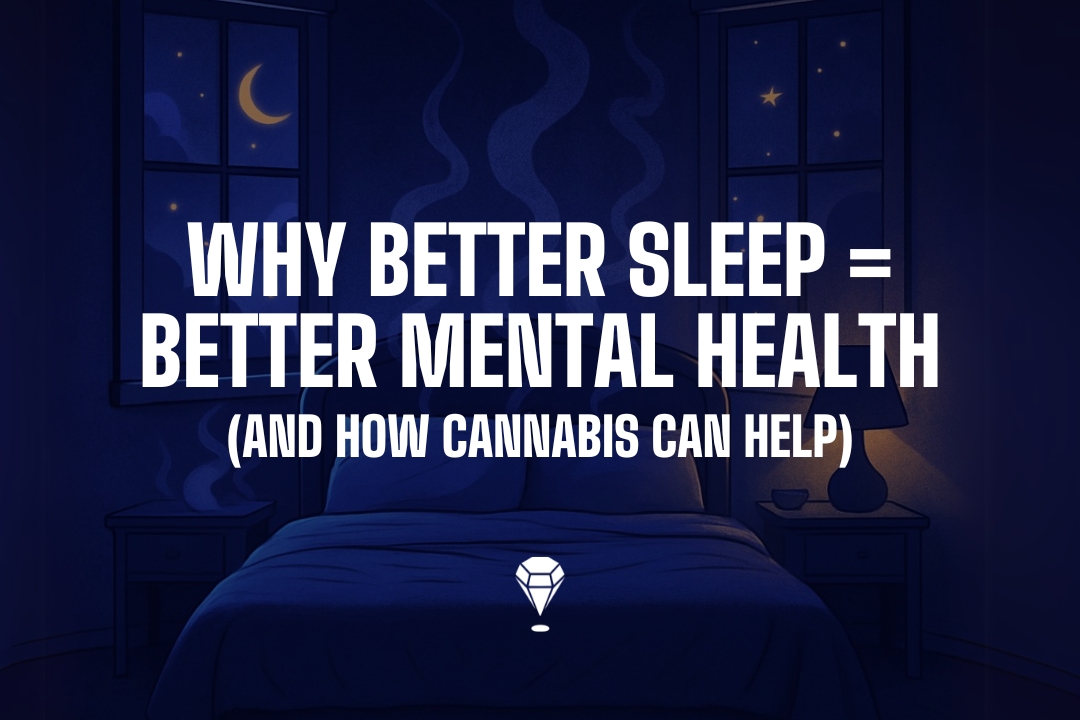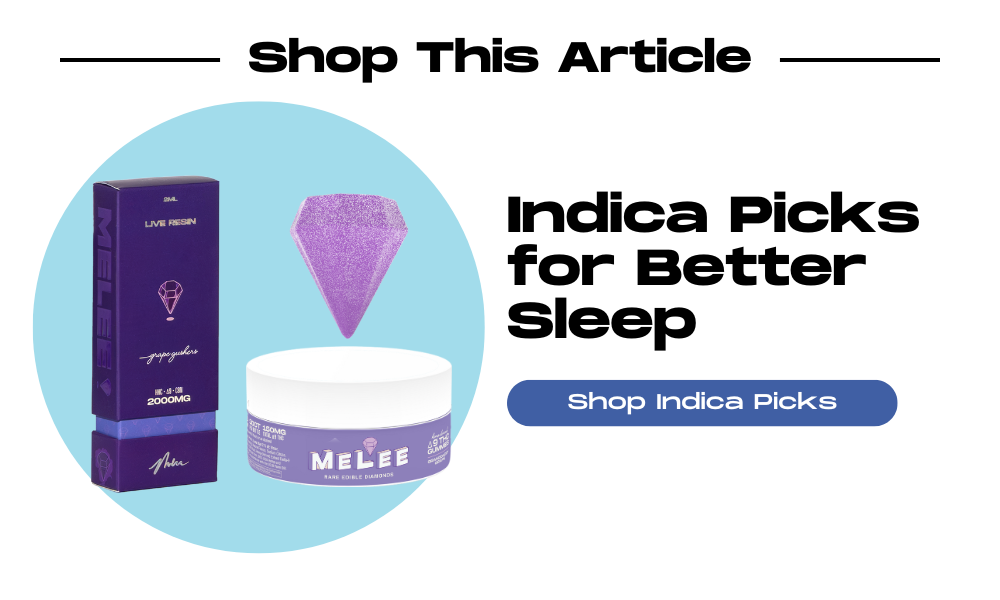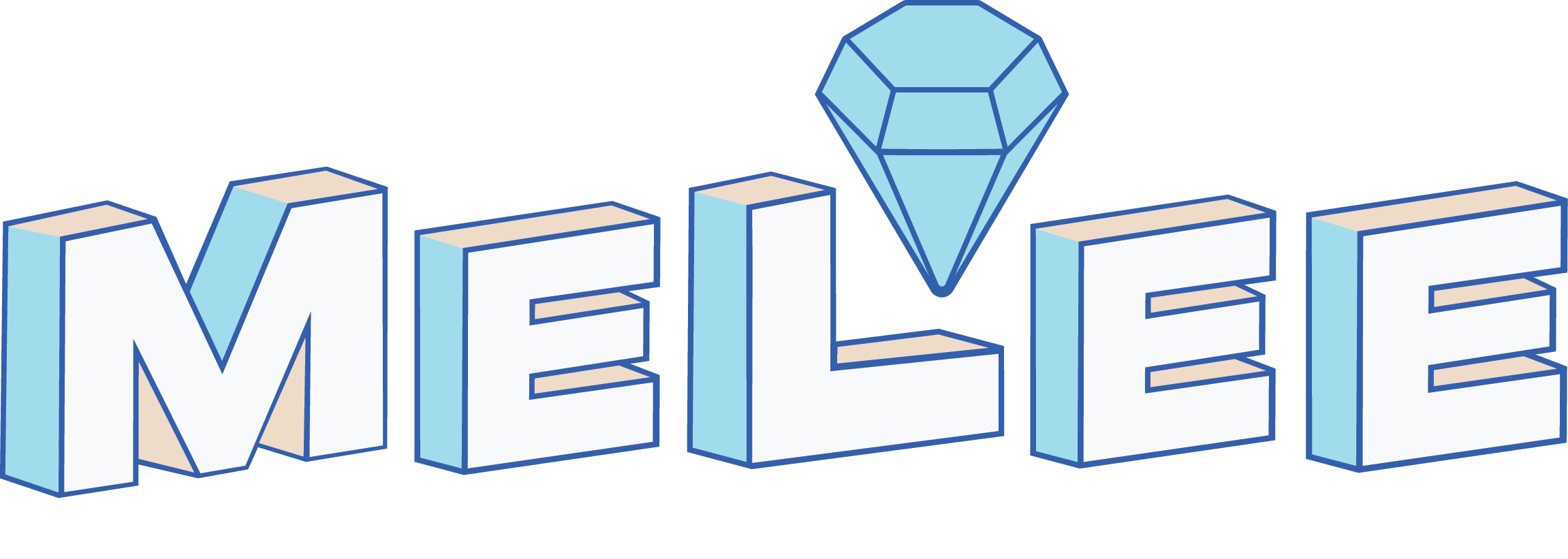Let’s be real—sleep can be a struggle.
You go to bed tired but somehow still wide awake. Your mind’s replaying conversations, unfinished to-do lists, or random “did-I-lock-the-door?” thoughts. Before you know it, it’s 2:47 a.m., and you’re trying to manifest melatonin with sheer willpower.
We’ve all been there. And during Mental Health Awareness Month, we want to talk about one of the most underrated (but most powerful) mental health tools we have: good sleep.
Because sleep isn’t just about being unconscious—it’s about restoration.
🧠 Section 1: Sleep Is Where Healing Happens
It’s easy to brush off sleep as optional. Coffee exists, right?
But behind the scenes, sleep is doing the most. It’s when your brain does its emotional housekeeping—sorting through memories, managing stress hormones like cortisol, and clearing out neurological clutter so you can think straight the next day.
Consistently skipping sleep doesn’t just make you groggy—it can make you feel anxious, moody, disconnected, or worse. Chronic sleep deprivation has been directly linked to:
-
Increased anxiety and depression
-
Higher levels of emotional reactivity
-
Burnout and cognitive fatigue
In other words, sleep isn’t a luxury. It’s a mental health essential.
🌿 Section 2: How Cannabis Comes Into the Conversation
Here’s where cannabis enters the chat.
For years, many people have turned to cannabis to help them unwind—and there’s a reason it works. When used intentionally, certain cannabinoids can support deeper, more restful sleep without the side effects of alcohol or heavy sedatives.
-
THC, in low to moderate doses, can reduce the time it takes to fall asleep—especially if your mind tends to wander into overthinking mode.
-
CBN (cannabinol), a lesser-known compound, is gaining popularity as a mild sedative. It may help extend sleep duration without that dreaded groggy hangover.
-
Terpenes like myrcene, linalool, and caryophyllene—naturally occurring compounds in cannabis—also play a huge role in calming the nervous system.
And unlike alcohol, which can disrupt REM sleep and leave you tossing around at 4 a.m., cannabis tends to promote deeper cycles of rest when used properly.
🌙 Section 3: Creating a Sleep Ritual That Works for You
Let’s be clear—not all THC products are sleep-friendly.
Some strains can actually energize you (looking at you, Lemon Diesel). But products specifically designed for evening use—like Melee Dose’s gummies and vapes with calming terpenes—can help set the tone for real rest.
Here’s how to find your flow:
-
Start small. Don’t go chasing comas. A 5–10mg dose may be all you need.
-
Give it time. Especially with edibles, wait at least 45–60 minutes before deciding you need more.
-
Set the mood. Put the phone away. Dim the lights. Breathe. Let your body get the memo that it’s time to power down.
It’s not about getting high. It’s about getting rest.
💬 Final Thoughts: Rest Is a Radical Act
In a world that rewards overwork and endless hustle, choosing to rest isn’t lazy—it’s powerful. It’s protective. And it’s necessary.
Whether you’re a full-time creative, a night owl with an overactive brain, or someone simply trying to make it through the week without crashing—know this: you deserve to feel good.
So if THC helps you tune out the noise and tap into the deep sleep your body and brain need… we’re here for it.
You rest better. You feel better. You live better.



